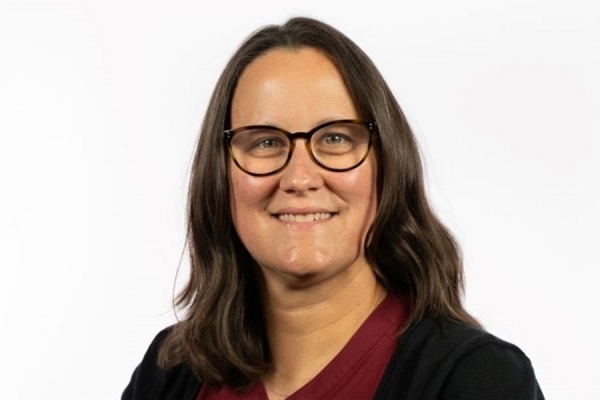 Psychology professor Jessica Kichler is part of a team researching ways to help families and individuals cope with pediatric diabetes.
Psychology professor Jessica Kichler is part of a team researching ways to help families and individuals cope with pediatric diabetes.
Although there have been advances in diabetes care since insulin was discovered 100 years ago, youth with diabetes continue to have a higher risk of other health problems, a lower quality of life, and a shorter life span.
UWindsor psychology professor Jessica Kichler, a core member of WE Spark Health Institute, is part of a group of researchers awarded a grant from the Canadian Institutes of Health Research (CIHR). Titled “Building CAPACIty for Pediatric Diabetes Research and Quality Improvement Across Canada,” the project will study trends in pediatric diabetes and how families can successfully navigate the comorbidities that often come with the disease such as depression or anxiety.
The team plans a central registry that will allow clinics across Canada to submit data specific to pediatric diabetes to guide care recommendations nationally.
Dr. Kichler’s research focuses on pediatric health psychology, especially type 1 diabetes and young adult transition to adulthood.
“My area in diabetes is to understand the psychological adjustment, coping, and self-management around having diabetes, but all especially in youth and families,” she says. “What are the family factors that help kids thrive with diabetes?”
The Juvenile Diabetes Research Foundation (JDRF) Canada is a nonprofit organization that developed a curriculum to train mental health practitioners. The foundation will host a directory of those professionals, allowing families to search for clinicians who have this specific training to help those with diabetes develop coping and self-care management skills.
Previously, Kichler led a team that completed an in-depth needs analysis of students with diabetes transitioning to post-secondary education. It was supported by the internal “Research Grants for Women” program and its findings will guide the University in developing programs to address these needs.
“Managing the emotional and physical aspects of diabetes goes hand-in-hand with understanding insurance, choosing food plans, advocating for academic accommodations, and more as they move out of their family homes,” she says.
Kichler acknowledges key collaborators from McGill University and the University of Manitoba as she continues to work on newly-funded projects with children and young adults who have this chronic health condition.
